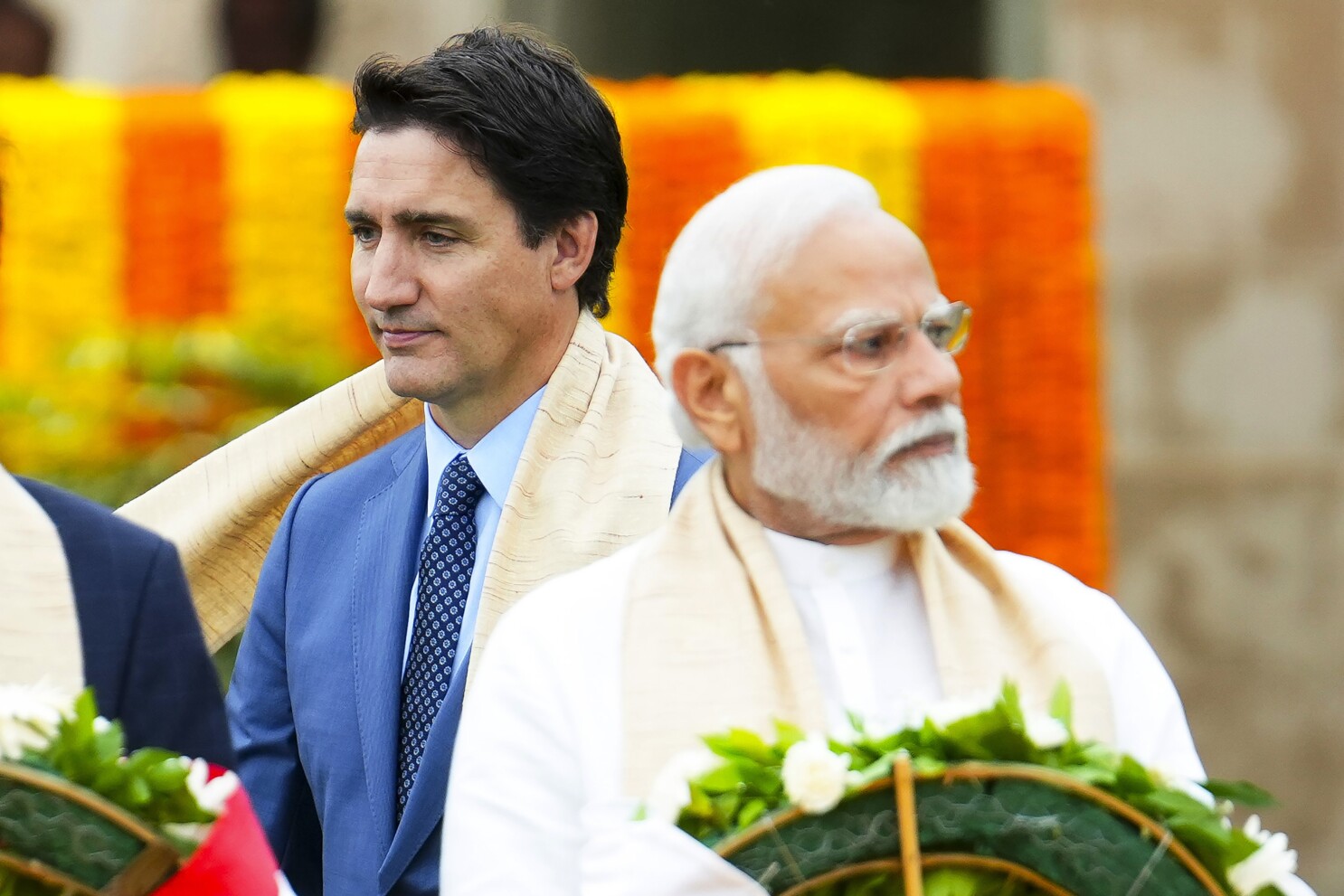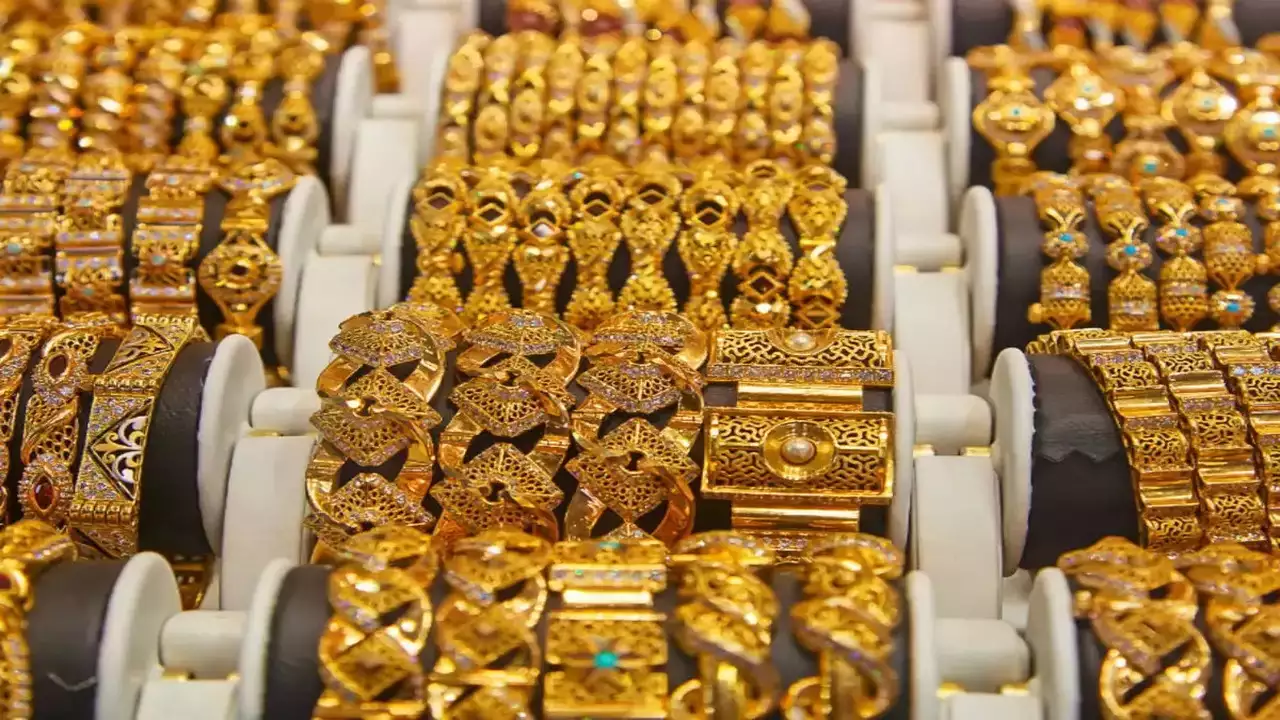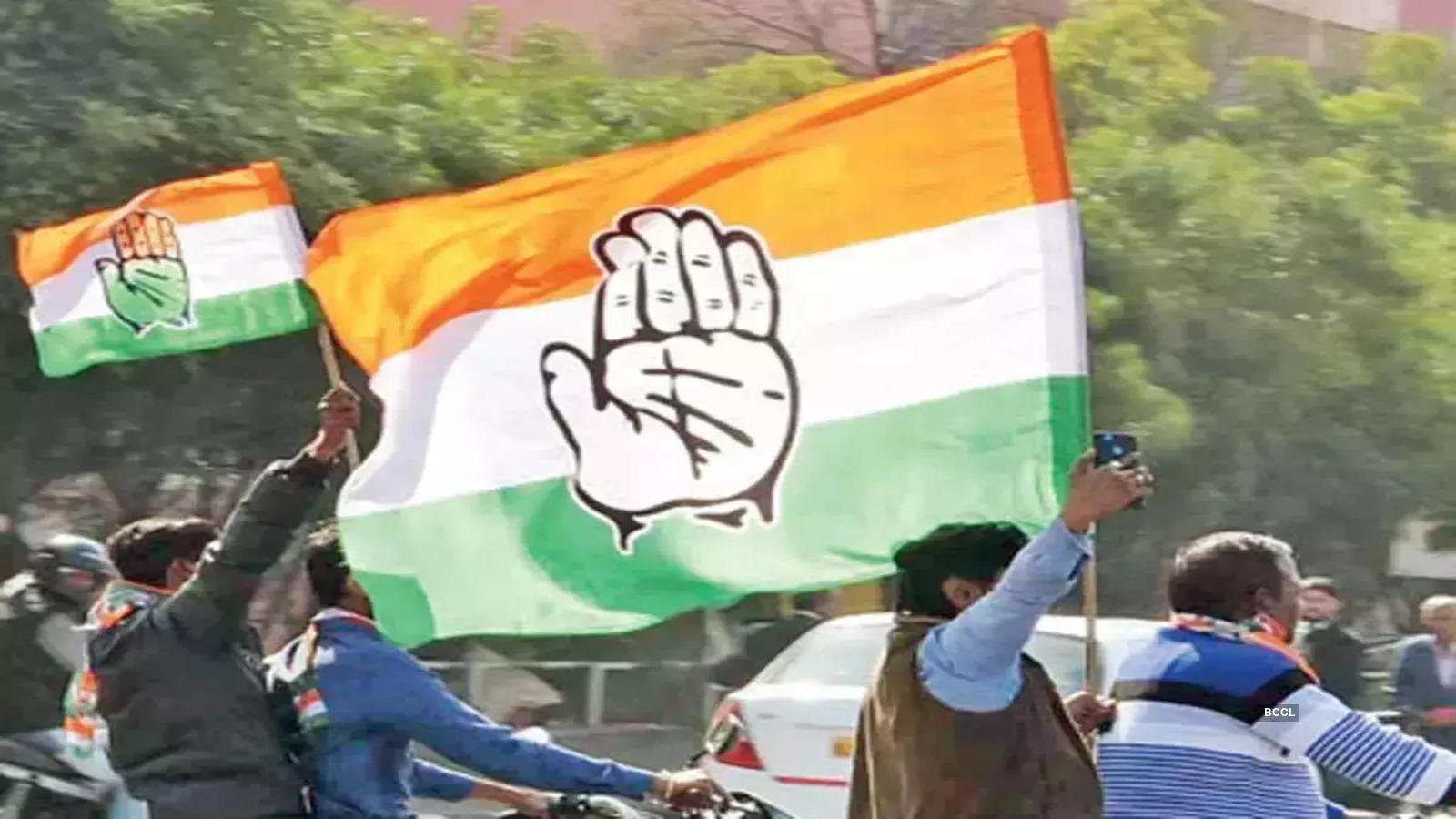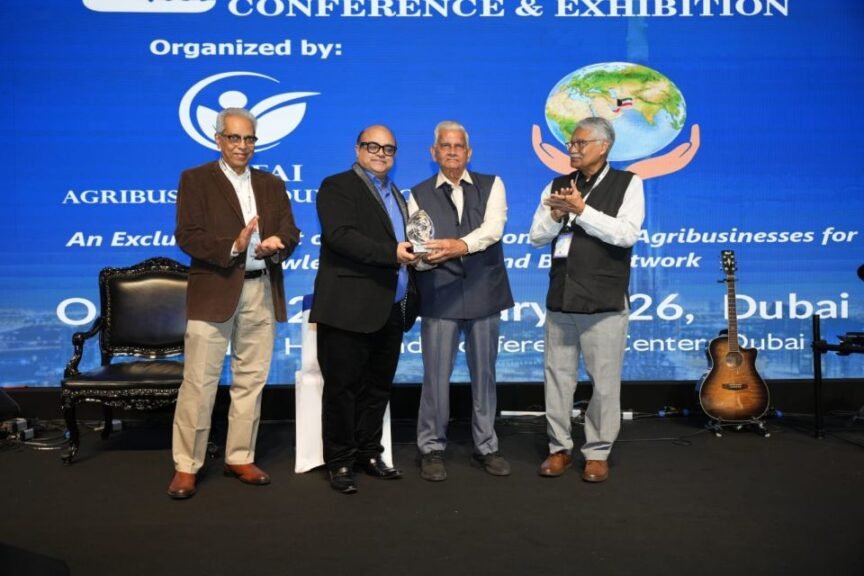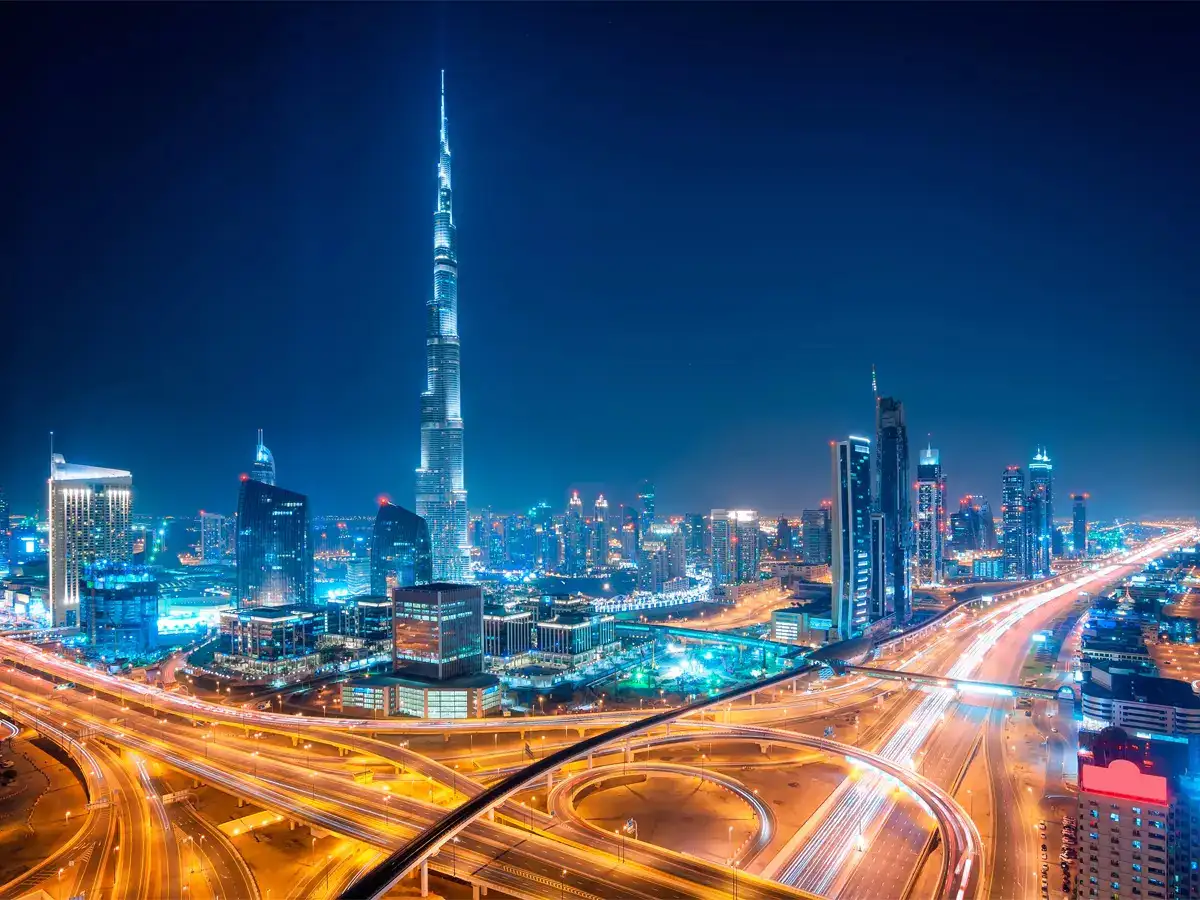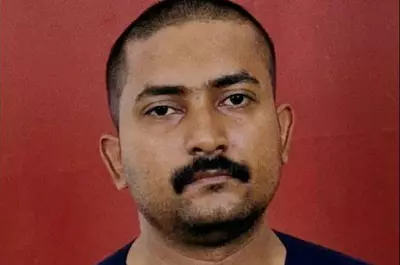This latest series of allegations marks a growing diplomatic rift between Canada and India, casting light on complex international security and the global reach of separatist issues
On October 29, Canadian Deputy Foreign Affairs Minister David Morrison informed Parliament’s national security committee that Canada believes Indian Home Minister Amit Shah directed a campaign involving intimidation, intelligence-gathering, and violence against Sikh separatists within Canada. Morrison confirmed Shah’s involvement to The Washington Post after a journalist’s inquiry, though he did not disclose details on how Canada obtained this information, reported The Associated Press.
Prime Minister Justin Trudeau had previously claimed that Canada possesses credible evidence linking Indian agents to the murder of Hardeep Singh Nijjar, a Canadian Sikh activist killed in British Columbia in June 2023. Canada states it has shared this evidence with Indian authorities, who continue to deny any connection, calling the accusations unfounded. India’s Ottawa embassy has yet to respond to the latest allegations against Shah.
The Royal Canadian Mounted Police noted that their public statements were motivated by threats to Canadian public safety
Amid escalating tensions, Canada expelled India’s high commissioner and five diplomats on October 14, accusing them of involvement in coercion and intimidation tactics targeting Sikh separatists supporting Khalistan, an independent Sikh state. Recently, a related incident emerged in the United States, where authorities charged Indian national Vikash Yadav with murder-for-hire for an alleged assassination plot against a Sikh separatist leader in New York City.
Nathalie Drouin, Canada’s national security adviser, testified that Canadian intelligence observed a network linked to Lawrence Bishnoi—a criminal figure detained in India—operating through proxies and diplomatic channels in Canada. This network, allegedly cooperating with New Delhi, has been associated with coercion, homicides, and intimidation within Canada.
Drouin explained that prior to publicizing these allegations, Canadian officials attempted to negotiate accountability measures with India, meeting with Indian National Security Adviser Ajit Doval in Singapore.
When cooperation appeared unlikely, Canada proceeded with the public disclosure and demanded that India waive diplomatic immunity for implicated officials, including the high commissioner.
***********************************************************
Readers
These are extraordinary times. All of us have to rely on high-impact, trustworthy journalism. And this is especially true of the Indian Diaspora. Members of the Indian community overseas cannot be fed with inaccurate news.
Pravasi Samwad is a venture that has no shareholders. It is the result of an impassioned initiative of a handful of Indian journalists spread around the world. We have taken a small step forward with the pledge to provide news with accuracy, free from political and commercial influence. Our aim is to keep you, our readers, informed about developments at ‘home’ and across the world that affect you.
Please help us to keep our journalism independent and free.
In these difficult times, running a news website requires finances. While every contribution, big or small, will make a difference, we request our readers to put us in touch with advertisers worldwide. It will be a great help.
For more information: pravasisamwad00@gmail.com

